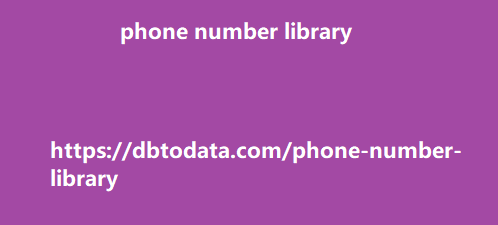Optimizing for Rich Results It’s 2021 and no, structured data is still not a ranking factor but properly marking up your pages with schema is important as ever. results in the search results and they are easily stealing the spotlight from the regular blue links we are accustomed to. Rich Results are visually improved and more interactive search results in Google. Generally, Google uses structured data markups on pages to pull up data for rich results. Marking up your pages with schema markup will not guarantee that you’ll appear in rich results and technically, structured data is not required for you to appear in rich results, but marking up your pages boosts your chances.
The benefits of appearing in Rich Results are
the same with Featured Snippets – higher click-through rate. And similar to Featured Snippets, you don’t necessarily have to be the top 1 in the search results to appear in rich results. As of writing, these are the structured data types that are eligible for rich results in Google: ArticleKey TakeawayCompetitors are a big part of the SEO industry. It’s a zero-sum game where one wins, another loses. This is why SEOs and webmasters need to keep up with the times and adapt to any situation. Aside from resources, we can find from authoritative sources, one of the best locations for us to find effective strategies and content that works is from the competitors that are ahead of us.
So, how do we analyze our competitor’s keywords
and use them to our advantage? Determining your search competitors The first step to analyzing your competitor’s keywords is to determine which competitors matter. The reason why you can’t use your real-world competitors since some of them does not have great search visibility. A good rule of thumb to determine your search competitors is to check the websites ranking for your target keywords on the first page, even if they’re not your real-world competitors. It’s also important for you to remember that there will be instances where you will encounter websites that encompass multiple niches. So, don’t panic when you’re seeing brands/names that you don’t know ranking for your coveted keywords.
Finding search competitors is easy enough since
you just need to search for your target keywords in Google or you can even use tools such as Mangools’ KWFinder that shows the top 10 results for keywords you search for. Lastly, take note of competitors that rank for other search real estate such as featured snippets, knowledge graphs, etc. Gathering competitor keywords Once you’ve listed down your competitors, it’s now time to gather the keywords they’re ranking for. This is easy enough to do since there are a lot of tools in the market that can do this in a matter of seconds. After gathering your competitor’s keywords, you should organize them into two categories: Current keyword rankings These are the keywords that your website is already ranking for alongside your competitors.
More often than not, you’ll only focus on the
competitors that are ahead of you in afghanistan phone number library rankings, but it’s also important for you to take note of other competitors that rank lower than you since they can still overtake you in the future. Compiling your competitor’s current keywords and their rankings will also help you put things in perspective. You’ll be able to see which of your keywords intersect with theirs and be able to prioritize the keywords that matter the most. New keyword opportunities Aside from putting things into perspective and knowing which keywords to prioritize, compiling your competitor’s keywords also allows you to spot new keyword opportunities that you’re currently not pursuing. Your efforts shouldn’t stop with overtaking your opponents in ranking for keywords you both share, you should also aim to widen the reach of your website in search.
Instead of manually looking for keywords in
tools and SERPs, it’s easier for you to find relevant and beneficial keywords through analyzing your competitor’s current keywords. This allows you to save time and energy while gaining extremely helpful results. How to use the analysis to your advantage So, after compiling the list of keywords and organizing them, what should be the next step? Analyzing your competitor’s keywords isn’t the end, you should also analyze anything and everything that makes their pages better than yours. That includes: Content difference The first thing you should check is how their page’s content differs from yours. It’s easy to augment content and make it better than it was before.
But it’s difficult to gauge how a competitor’s content
performs better than yours even if you take sms equipping administrations with ugap pride in producing content that’s high-quality, informative, and comprehensive. The best of us can be overcome by pride, especially if we put in so much effort and energy to produce the best content we could create then seeing it underperform or seeing your competitors still rank better even if you know your content is better. A good rule of thumb in gauging your competitor’s content is determining what they included in their content that you don’t have. We had a similar experience with one of our clients when we created a landing page with high-quality, informative content but it wasn’t ranking as high as we wanted it to.
So, we checked our competitor’s pages that were
ranking better than us, and even though we qatar data had a longer and more comprehensive content, we lacked foundational information for our topic which was providing the definition of the term (keyword) we were talking about and its advantages. Even though we had better content, we actually lacked what the users wanted and needed to see. When we augmented our content, we immediately overtook our competitors. Sometimes it’s just a matter of lacking some things which could be easily mitigated, but other times, it’s a matter of lacking quality, information, and Aside from the content, the next thing you should check is the competitor’s onsite efforts.


